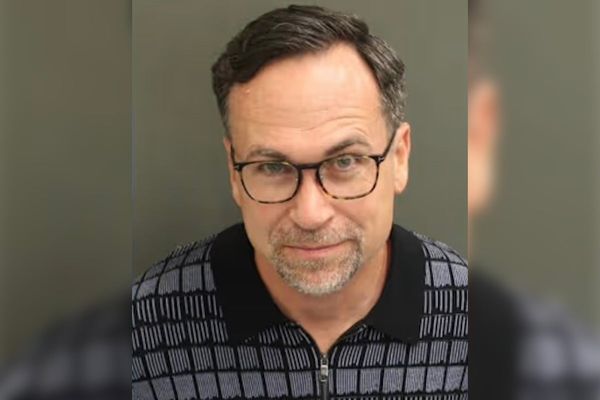Advisors help clients make wise financial moves. From drafting a will to controlling household spending, key money decisions can make or break someone's financial future. But sometimes sharing news about celebrity money mistakes adds much-needed urgency.
Lecturing clients to do the right thing usually doesn't work. Telling them to buy life insurance, for example, may fall upon deaf ears if individuals don't like to ponder their death. But hearing about celebrities who failed to engage in prudent financial planning — and created a mess for themselves or their heirs — can drive the point home.
And sharing this kind of information is not a stretch. To educate clients, advisors already send them links to articles that illustrate the importance of making certain moves. They may also work with a client's attorney or accountant to help with follow-through, whether that involves completing a living will or updating beneficiaries on trusts or financial accounts.
But citing a celebrity's money blunder makes it more real for the client. "When you mention someone familiar to a client, like a celebrity, it's something we can learn from," said Larry Pon, a certified financial planner in Redwood Shores, Calif. "We all want to know about celebrities' lives."
Celebrity money stories tend to strike a chord with the rest of us. If famous people overlook vital steps in financial planning, the repercussions become public. We can track the adverse effects and family squabbles in the headlines.
When high-profile figures die suddenly without a will or make other estate planning mistakes, Pon points to the resulting discord as a teachable moment.
"See what happened here?" he might tell clients. "Who won? It's the lawyers."
A Supreme Court Justice's Celebrity Money Lesson: Don't DIY
There is no shortage of stories of entertainers who die without a will. Because they tend to have large and complex estates, their unexpected passing can unleash dueling claims from potential heirs.
Pon cites Anne Heche, Philip Seymour Hoffman and Prince as cautionary tales. While the details differ in each case, the larger lesson is that conflicts can erupt when individuals lack an estate plan.
"I try to match the celebrity to a client," Pon said. If a client favors a do-it-yourself approach, for instance, Pon might mention that the late Warren Burger, a U.S. Supreme Court Chief Justice, wrote his own will. It contained mistakes and lacked elements of basic estate planning.
Another reason to cite case studies based on celebrity money experience is that it enlivens a potentially dreary conversation. Advisors may otherwise struggle to get clients to listen and, say, review beneficiary designations on their trust documents and tax-advantaged retirement accounts.
"When you mention someone famous, clients' ears tend to perk up," said Peter Palion, a certified financial planner at Master Plan Advisory in East Norwich, N.Y. "It puts some real life into the topic."
He might tell clients about the estate feud that erupted after Robin Williams' death in 2014. A dispute between his widow and his three children over assets and personal items led to rancor on all sides.
"Celebrities tend to have a sizable amount of wealth with several marriages and kids out of wedlock," Palion said. Such complicated situations make diligent estate planning even more crucial.
A Former NFL Star Shares His Financial Mistakes
Like Pon, Justin McCurdy tries to align his celebrity money case studies with his clients' interests. McCurdy is a certified financial planner at Manhattan West, a Los Angeles-based strategic investment firm.
Because many of his clients are sports fans, McCurdy likes to highlight stories of athletes who mismanage their assets. He often refers to the ESPN documentary "Broke" to show how some of our brightest stars squander their wealth.
"You can't just delegate your finances and turn away," he tells clients. "You need to pay attention and take a vested interest in your own financial life, even if you hire an advisor."
The documentary warns that 60% of former NBA players go broke within five years of retirement. And 78% of former NFL players go bankrupt or face financial stress after two years of retirement.
"A lot of people look up to athletes as superheroes," McCurdy said. So when these legends lose millions due to poor financial choices, it resonates with clients.
Former NFL star Terrell Owens provides a vivid example, McCurdy says, because Owens has acknowledged his mistakes in managing his money.
"He's been very outspoken in the media about squandering most of his earnings, not asking the right questions and trusting the wrong people," McCurdy said. According to recent estimates, Owens has lost nearly $80 million due to bad financial decisions.







